Starting a journey turns simple goals into a smooth and delightful adventure, but it also demands careful planning. A meticulously planned itinerary serves as the guide to guarantee that you maximize your trip experience, regardless of whether you’re embarking on a short weekend trip or a lengthy international journey. We’ll go over the key components of travel planning in this guide, enabling you to create an itinerary that fits your interests and tastes and guarantees a stress-free and enjoyable vacation.
1. Define Your Purpose and Preferences





Before diving into the logistics, clearly define the purpose of your trip. Whether it’s relaxation, adventure, cultural exploration, or a blend of these, understanding your goals will shape the rest of your planning. Identify your preferences, such as preferred travel companions, accommodation styles, and activities.
2. Set a Realistic Budget for Trip





Establishing a budget is a crucial step in trip planning. Consider expenses such as transportation, accommodation, meals, activities, and miscellaneous costs. Be realistic about your financial constraints and allocate funds accordingly. This step ensures you enjoy your journey without unnecessary financial stress.
3. Research and Select Your Trip Destination
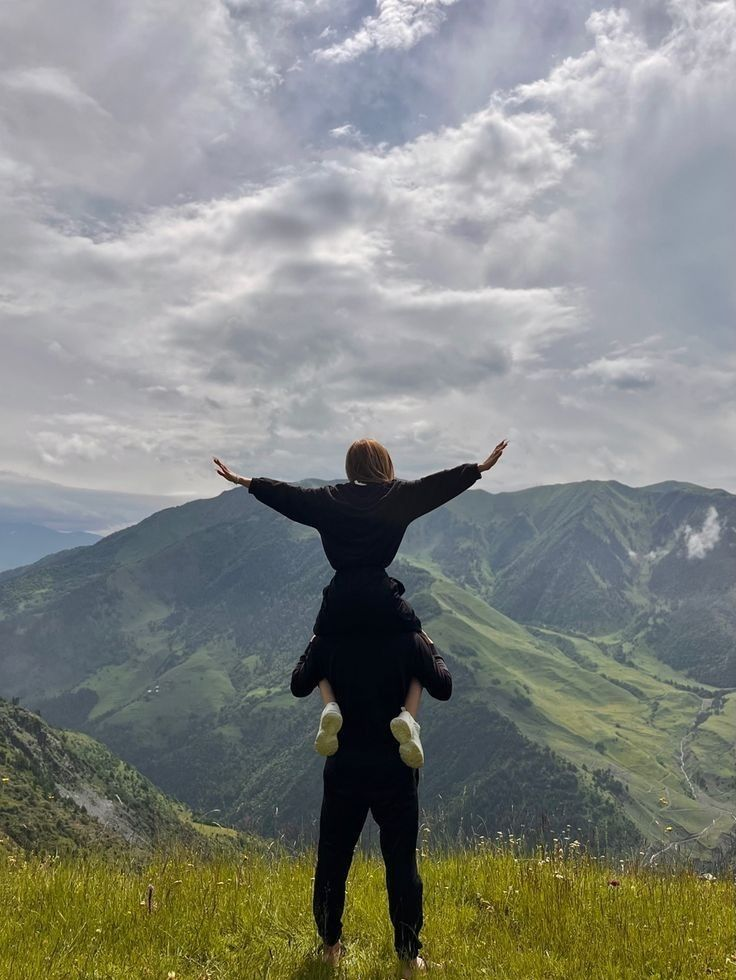

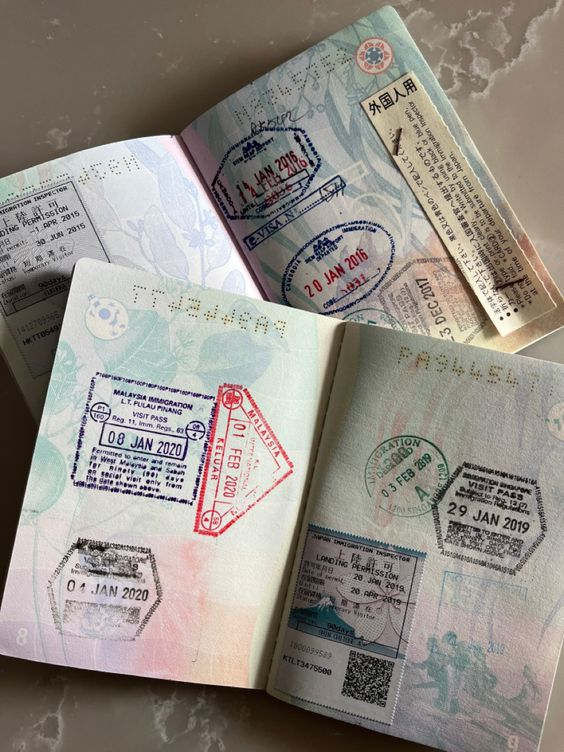


Before finalizing your travel plans, conduct thorough research on potential destinations that align with your interests and budget. Take into account factors such as climate, local attractions, safety, and cultural nuances to ensure a fulfilling experience. Once you’ve gathered information, narrow down your choices and select a destination that resonates with your travel goals, creating a tailored and enjoyable itinerary.
4. Create a Detailed Itinerary

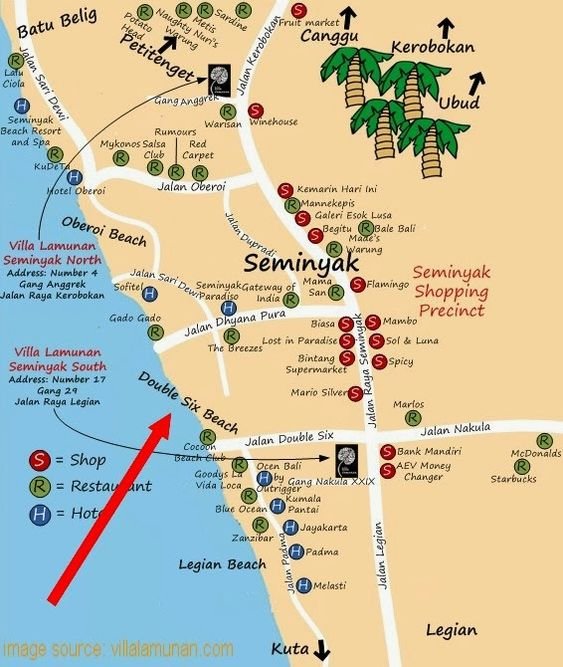

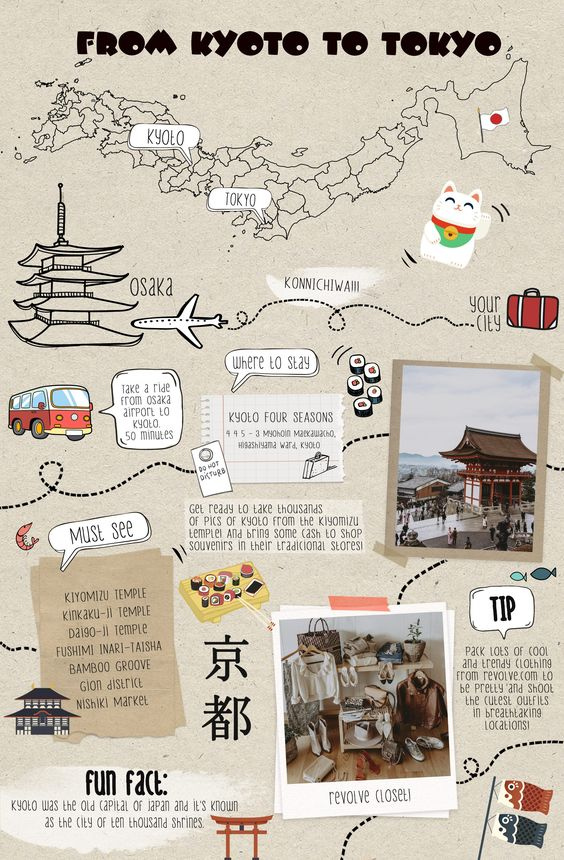
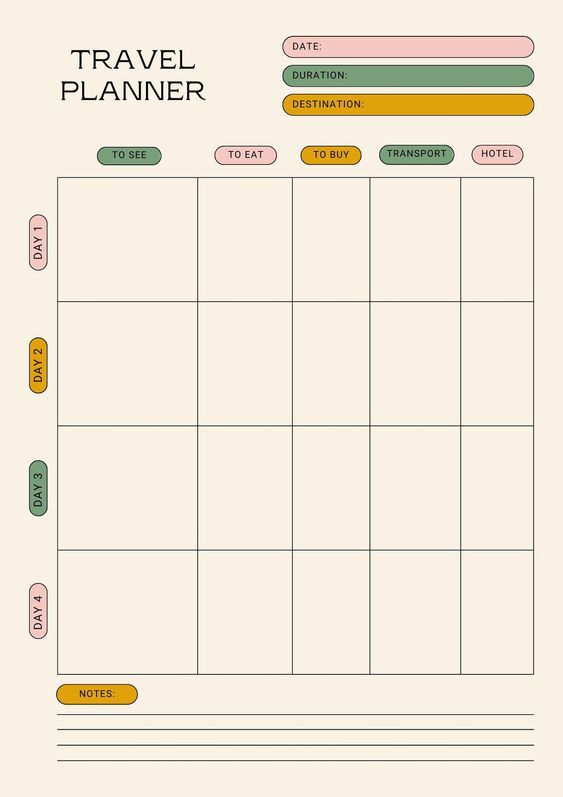
Craft a comprehensive itinerary outlining your daily activities, accommodation details, transportation arrangements, and any pre-booked tours or tickets. Include contingency plans for unexpected changes, but strive for a balance between structure and flexibility. A well-thought-out itinerary maximizes your time and minimizes logistical challenges.
5. Make Necessary Reservations and Preparations

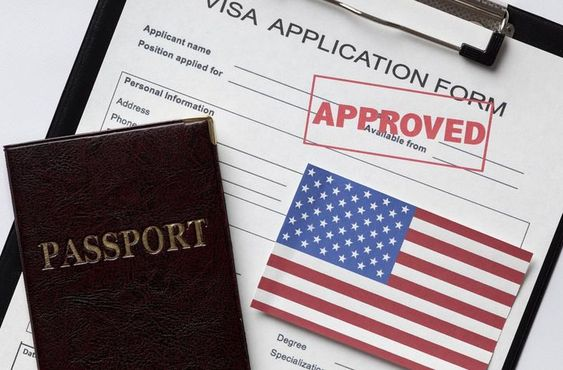

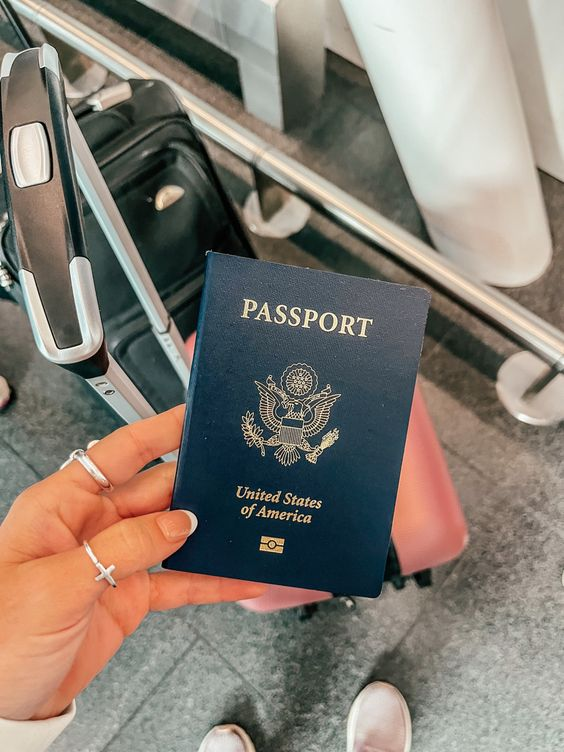

Execute your plan by making reservations for accommodation, transportation, and any activities requiring advance bookings. Ensure all travel documents, such as passports and visas, are up to date. Create a checklist for essentials like packing, vaccinations, and notifying relevant parties of your travel plans.














